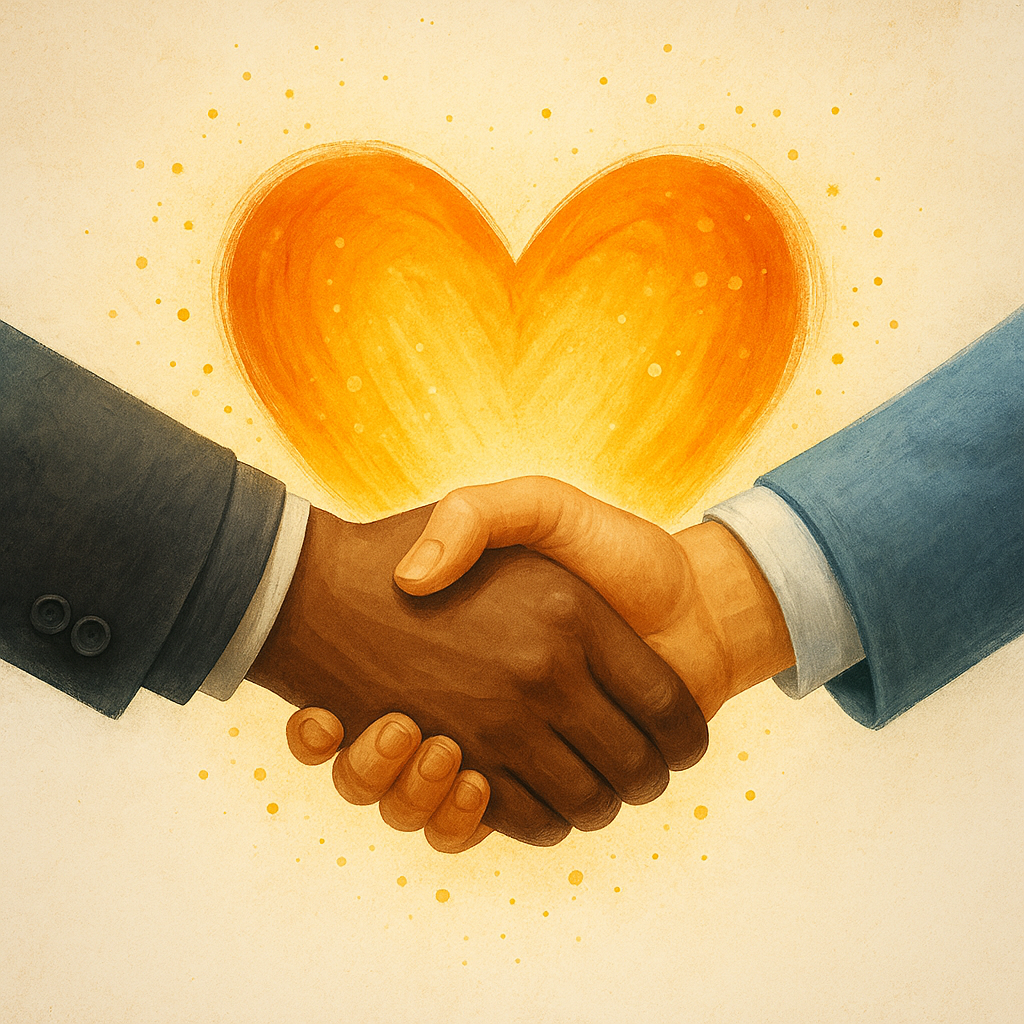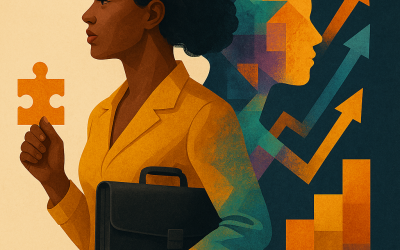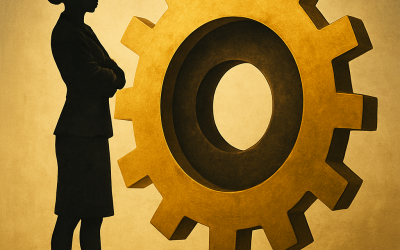A few years ago, I lent a colleague a stapler. A week later, it had migrated permanently to their desk. I felt a flicker of irritation, then smiled. The small gesture had done more than I realised. That colleague started coming to me for advice and collaboration. I became the first call when they faced a knotty problem. The stapler never returned, but a bridge was built, and it carried far more weight than a piece of office stationery.
Kindness is often dismissed in corporate life. We reward speed, accuracy, and assertiveness. We count the numbers and celebrate the wins. Warmth rarely appears on performance frameworks, yet it is one of the strongest drivers of influence. People remember how you made them feel far longer than they remember your slide decks.
Kindness is not softness. It is a strategic understanding that people drive outcomes. When you treat people with respect and generosity, you create trust. Trust accelerates decisions, reduces friction, and builds loyalty. Teams deliver more for leaders who demonstrate care. Partners offer discretion and effort to people who honour them. Stakeholders forgive honest mistakes when the relationship is strong.
Practise practical kindness. Credit others publicly and specifically. Share context rather than hoard it. Offer help before you are asked. Give clear feedback with care and follow through. Respond to pressure without passing it down the line. These behaviours travel. People talk. Over time, your reputation compounds, and doors open before you knock.
Kindness does not mean saying yes to everything. Boundaries are part of respect. Say no clearly and early when work does not align with priorities. Decline requests while protecting relationships by explaining trade-offs and, where possible, offering alternatives. People respect clarity delivered with courtesy.
Kindness is also a risk mitigator. In difficult moments, goodwill acts like stored credit. When deliverables slip or the environment shifts, the equity you have built through consistent decency buys you time and collaboration. Others lean in rather than step back. That advantage cannot be faked and cannot be bought late.
No, I never got the stapler back. I did gain a colleague who advocated for me in rooms I was not in, who recommended me for work I did not know existed, and who stayed in touch long after our reporting lines changed. Kindness outlasts many things.
Key Takeaways
- Kindness is strategic because trust speeds outcomes.
- Practical acts of respect and generosity compound into reputation.
- Boundaries and kindness are not opposites.
- Goodwill is a risk buffer during difficult periods.
- People remember how you made them feel more than what you presented.
Try This
Choose one person each week and offer a specific, unprompted contribution. Share a concise template, write a useful paragraph of feedback, or make a targeted introduction. Track the ripple effects for three months. You will see patterns of reciprocity and influence form.
Closing Thought
If someone’s kindness shaped your career, share this and thank them directly. The best professionals are often the quietest givers. They deserve daylight.




